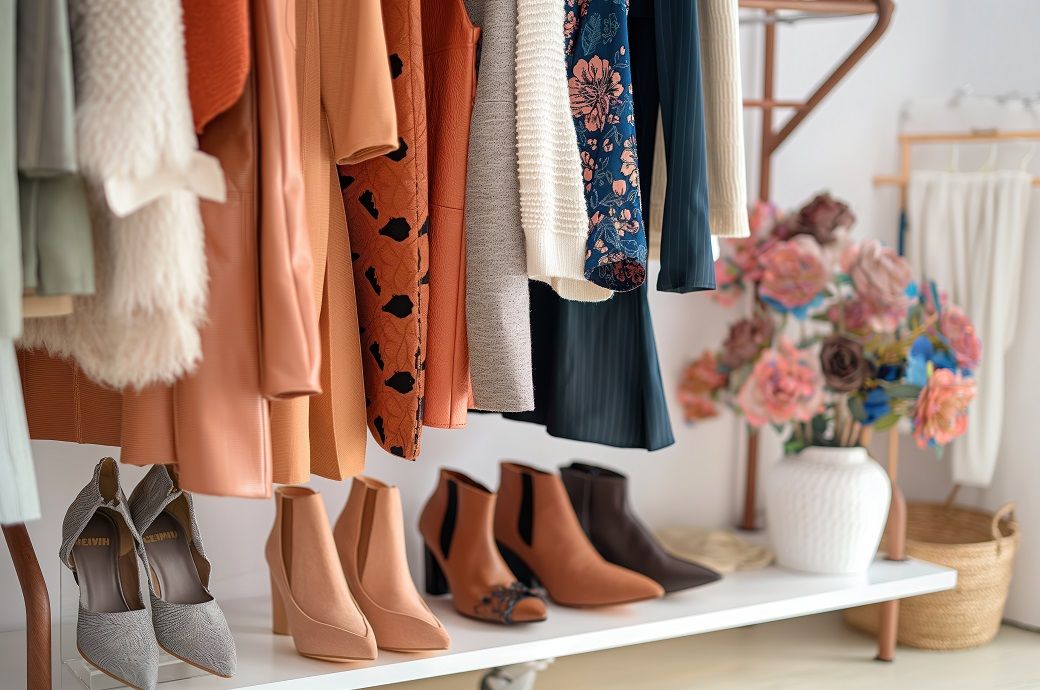
“The Section 301 tariffs that took hold in 2018 under President Trump's first term have also remained in place, driving 40-year high inflation for clothes and shoes. Tariffs are taxes paid by US-based businesses and American consumers, not on China or other supplier countries. These tariffs disproportionately harm lower income American consumers and female consumers with higher tariffs on lower priced products and on women's clothes and shoes,” said AAFA president and chief executive officer Steve Lamar in a statement.
"We will continue to push Congress and the Administration to renew expired and expiring programmes, such as the African Growth and Opportunity Act (AGOA), the Generalised System of Preferences (GSP), and the Haiti HELP/HOPE preference programme,” he said.
“Immediate and long-term renewal of these measures, combined with a revived trade agreement programme, will create predictable opportunities for our industry to diversify and invest, creating American jobs and supporting the provision of affordable and sustainable fashion for American families,” he said.
“We also look forward to initiatives to protect our shipping channels and ports, put a stop to the influx of counterfeit goods across third-party e-commerce platforms, and drive other policies that are not just well-meaning but well-crafted, implementable, practical, harmoniszed, and ultimately—successful,” he added.
Fibre2Fashion News Desk (DS)